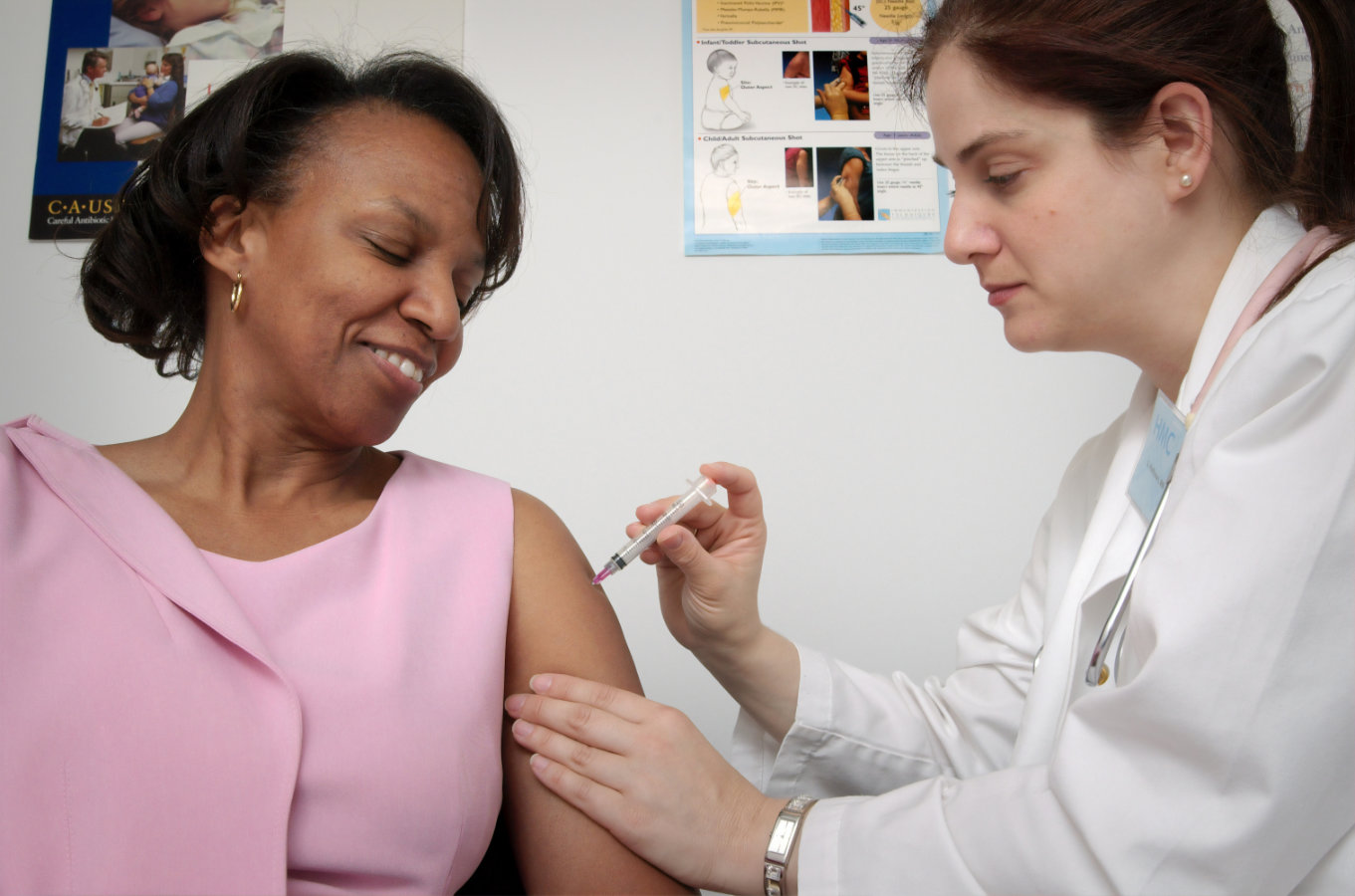KeRNEL
Welcome to the Kent Research Network for Education and LearningThe KeRNEL is the new dataset being developed by the Kent and Medway Data Warehouse team (formerly known as HISBi) to enable better planning and research in Kent and Medway. There is a rich history in Kent and Medway of developing linked datasets, and several projects are currently underway that are linking data to improve people’s health and wellbeing.
The KeRNEL dataset will be bigger and broader, incorporating more clinical and NHS service activity data that wasn’t previously available like theatre and pathology plus real-time data on wider determinants of health such as education, housing, and employment. Given the complexity and variety of datasets in scope, the KeRNEL's development will be phased, starting with integration of data from local NHS providers, including GP and hospital data.

Patient data
The use of health data for planning and research is known as “secondary uses”. Secondary uses of health data are any uses beyond providing direct care to the individual that the data relates to. Sharing data for direct care is vital to ensure that the best care is given to people: for example, it allows a hospital to know about a patient’s allergies or treatment history, preventing harm and improving care. Secondary uses of data benefit the health of the population more widely.
The KeRNEL is being developed because the secondary use of health data for planning and research saves lives. Health research leads to the development of live-saving cures and treatments, and improves our understanding of which treatments are best for which individuals. Having accurate data also helps to plan and review services so that money is spent wisely to deliver better health and wellbeing across the population. To see more case studies, you can visit Understanding Patient Data and Open Data Saves Lives.
There are strict rules about secondary uses of patient data, to ensure that confidential information about patients is protected. Researchers are only given access to the minimal information they need to conduct their study, and the information they see will be de-identified or anonymised. This means that identifying information, like a patient’s name, date of birth or NHS number, is removed from the data that the researchers see.
Access to KeRNEL data will be carefully restricted, in line with the standards set by the ICO (the UK’s data protection authority). Access will be approved for researchers through the governance structures of the Kent and Medway Shared Health & Care Analytics Board (SHcAB), with researchers needing to demonstrate that their research is in the interest of public health. Previous research has found that the public is generally in favour of data sharing for this purpose, and public engagement work is underway in Kent, Surrey and Sussex to understand people’s views here on secondary uses of data. Everyone is able to Opt Out of having their own data used for secondary uses.
We understand that health data is sensitive and that people may have concerns about how their data is used for purposes beyond direct care. We are therefore actively engaging with experts in the fields of information governance and ethics to ensure that any data sharing that occurs is secure, transparent, and in the public interest, and we are planning further public engagement work in Kent before the KeRNEL is launched.
To understand more about the use of linked datasets to support health and care delivery and research, we recommend the following resources:
